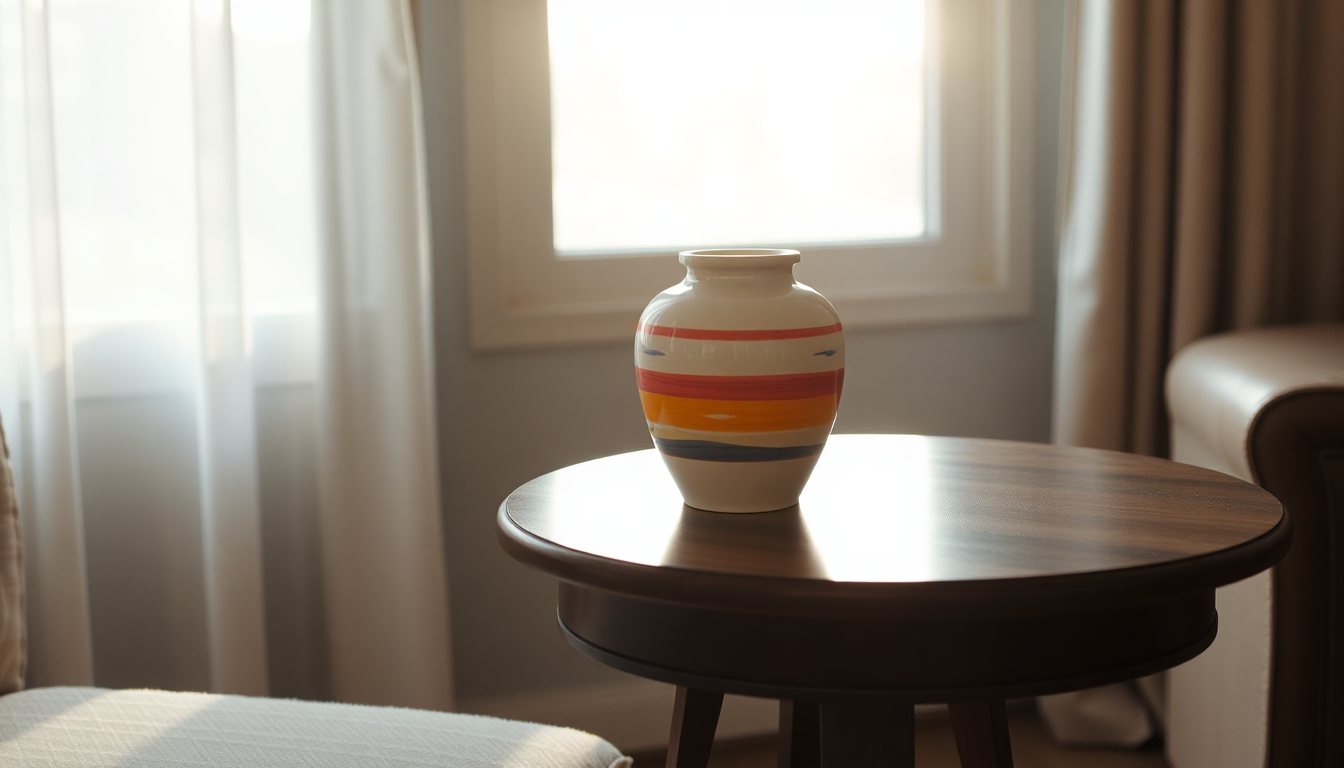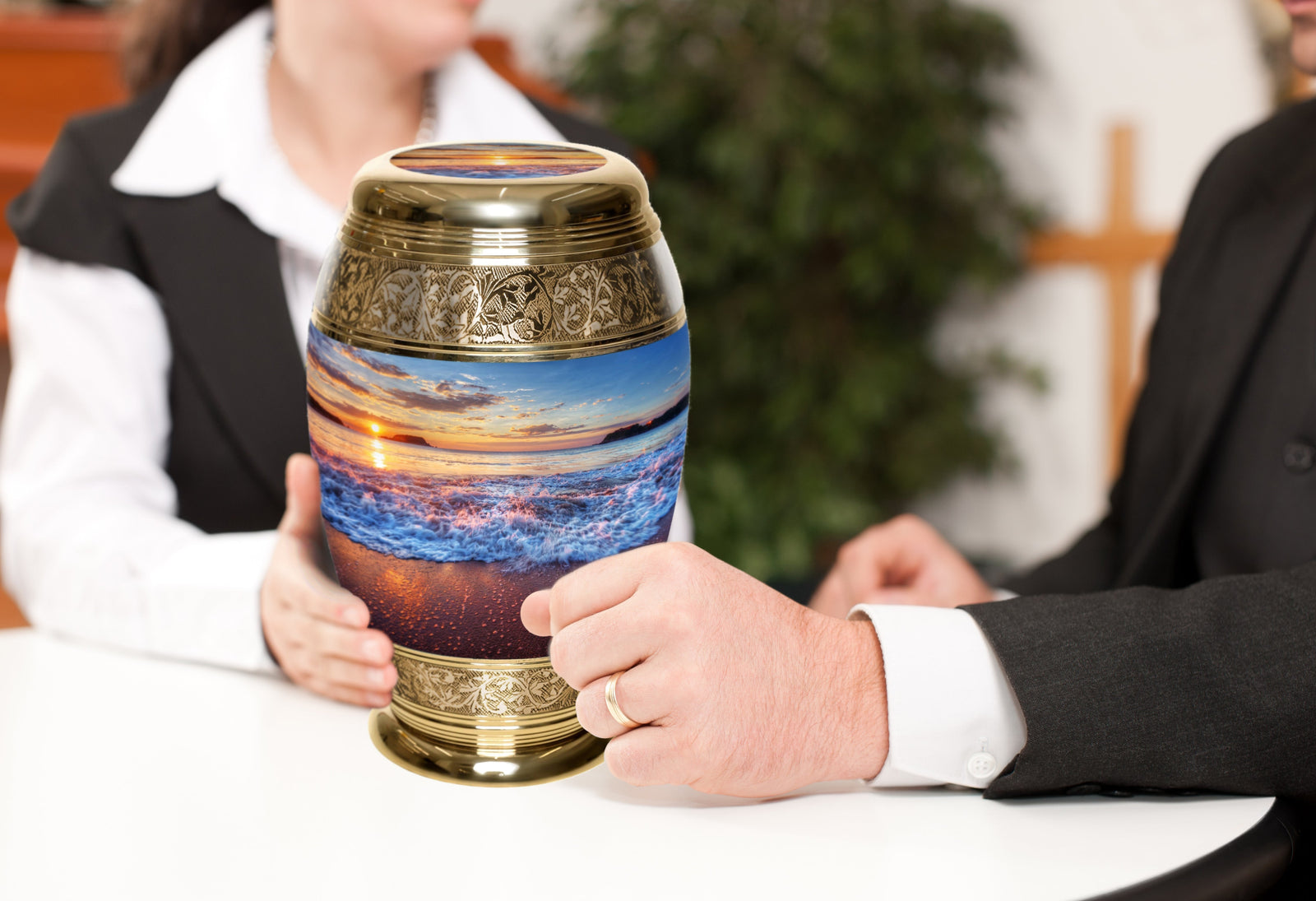Yes, in most cultures and jurisdictions, it is perfectly acceptable to keep ashes at home. Many people choose to do so for a variety of reasons, such as personal sentiment, religious beliefs, or cultural practices. Keeping ashes at home allows family members to feel a continued connection with the deceased and can provide comfort and a sense of closeness.
However, there are some considerations and guidelines to be aware of:
However, there are some considerations and guidelines to be aware of:
1.Religious or Cultural Considerations:
Some religious or cultural practices have specific guidelines or prohibitions related to the storage or disposition of cremated remains. It's essential to be aware of and respect these beliefs, either personally or when considering the wishes of the deceased.
2. Container:
While you can keep ashes in the temporary container provided by the crematory, many people opt to transfer the ashes to a more decorative or personalized urn. Ensure that the urn or container is appropriately sealed to prevent accidental spillage.
3. Shared Memorials:
In situations where multiple family members or loved ones wish to keep a portion of the ashes, smaller keepsake urns or jewelry can be used to divide the remains.
4. Local Regulations:
While most places allow ashes to be kept at home, it's wise to be familiar with local or state/provincial regulations regarding the handling and storage of cremated remains.
5. Future Plans:
If you decide to keep ashes at home, consider making provisions in your will or letting family members know about any future wishes or plans for the ashes. This can prevent confusion or disagreements later on.
6. Safekeeping:
Choose a location in your home that's both safe (away from areas where they could be knocked over or disturbed) and meaningful for the urn's placement.
7. Emotional Impact:
For some, having the ashes at home can be a source of comfort, while for others, it may be a constant reminder of loss. It's essential to consider your emotional well-being and that of other household members.
Whether you decide to keep ashes at home, scatter them, bury them, or choose another disposition method, the most important thing is to choose a method that feels right for you and honors the memory of your loved one.
Whether you decide to keep ashes at home, scatter them, bury them, or choose another disposition method, the most important thing is to choose a method that feels right for you and honors the memory of your loved one.
Can You Put Ashes In An Urn Yourself?
Yes, you can put ashes in an urn yourself, and many families choose to do so for personal, emotional, or cultural reasons. The process involves gathering supplies like a funnel, gloves, and a clean cloth, then carefully transferring the ashes into the urn in a calm setting. You may seal the urn using a lid or adhesive, and clean up any residue afterward. It's a personal and emotional task, so take your time, and consider support if needed. Do what feels right to honor your loved one.






Leave a comment (all fields required)